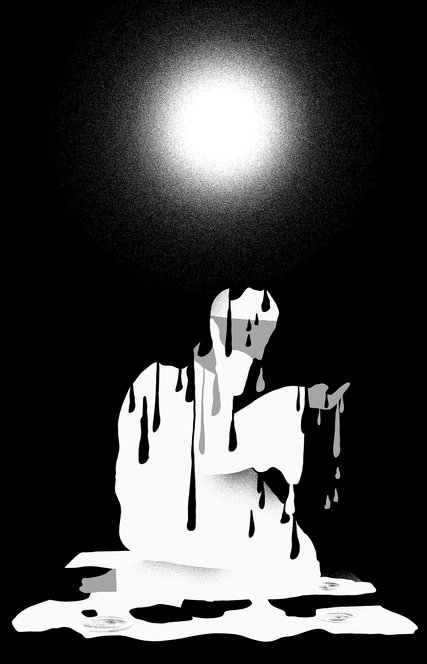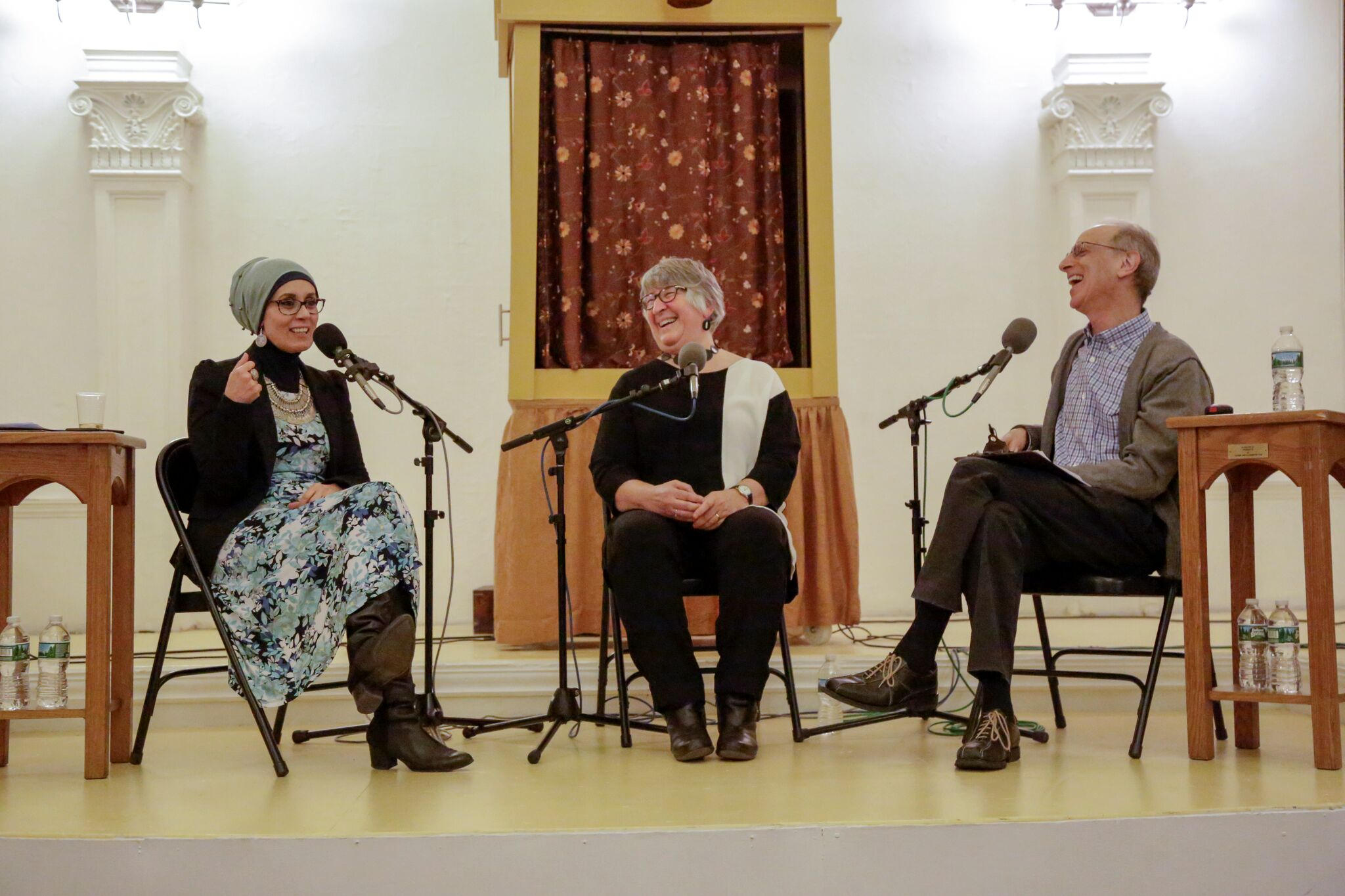For people in Karachi the heat wave of the last week has coincided with the first days of Ramadan. Mohammad Hanif (author of “A Case of Exploding Mangoes” and “Our Lady of Alice Bhatti”) wrote a New York Times op-ed piece – published today – giving insight on the factors at play in this heat wave, which has killed 1,000 people.
“… the Respect of Ramzan Ordinance, which says you may be sent to prison for a few months if you eat or drink during fasting hours, or if you give someone something to eat or drink. I don’t really think I removed the (water) cooler (left outside his home for people walking by to use) for fear of the ordinance: God knows, like every middle-class, privileged Pakistani, I flout enough laws. I did it because it would hurt the sensibility of those who fast…The victims, mostly poor and working class, needed some shade, a drink of water and a bit of time to slow down. But shade and a respite from work are hard to come by in Karachi.”
Summers in Karachi are hot-this isn’t the first heat wave to hit the city. This tragic loss of life is shedding light on the disregard the city has for the poor members of its society. The ones who need charity and empathy are being left to die. The giving and charitable aspects of Ramadan are being ignored. In this holy month it is tragic and heartbreaking to see class lines play a role in the 1,000 dead.
Hanif concludes, “But it really wasn’t the lack of electricity or even the heat that killed these 1,000 people. What killed them was the forced piety enshrined in our law and Karachi’s contempt for the working poor.”




